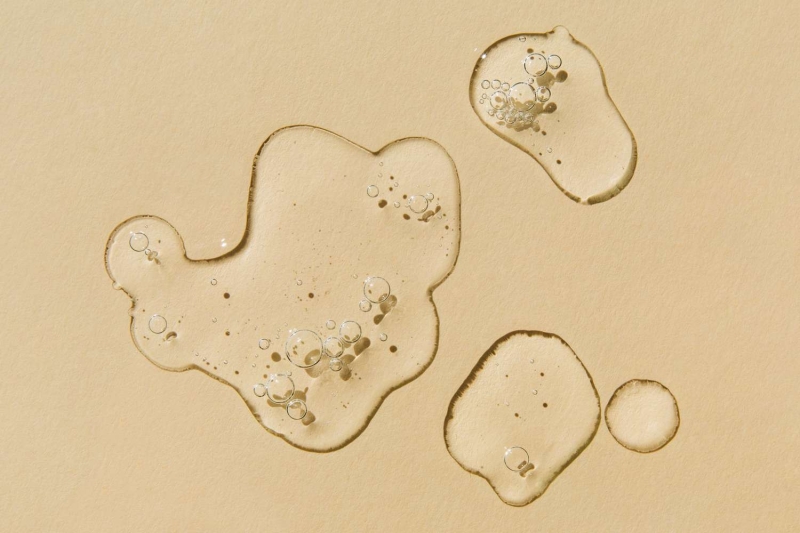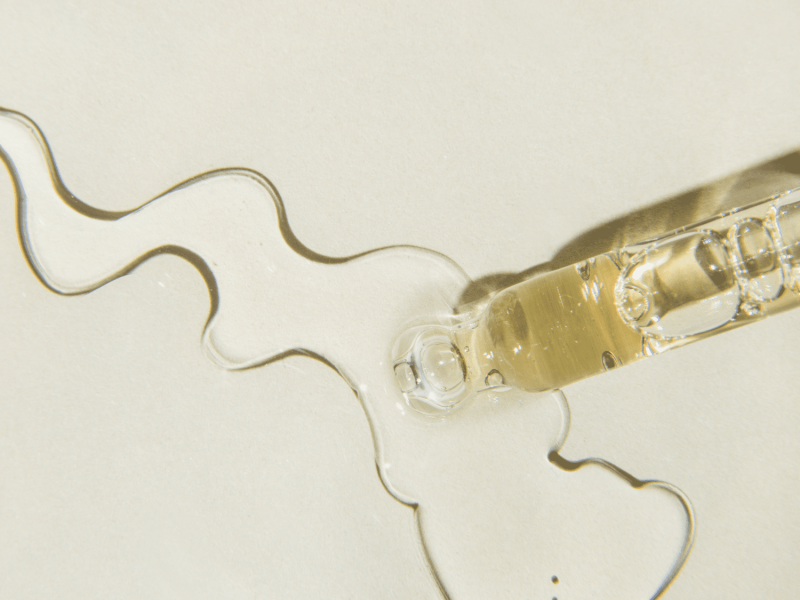Contents
If you take a closer look at your makeup and skin-care routines, the odds are high that some of your products will all share a common ingredient: mineral oil.
“It's often used as an oil base for beauty products,” says board-certified dermatologist Shirley Chi, MD. “So it's pretty ubiquitous.”
So what is this catch-all that can be used in your moisturizer, lipstick, and as a stand-alone product?
Board-certified dermatologist Caren Campbell, MD, puts it simply: “Mineral oil is a clear, odorless oil derived from petroleum.” It’s a humectant, which means it draws moisture into your skin and traps it, as well as an occlusive agent,” which means it prevents your skin from losing water.
Meet the expert
- Shirley Chi, MD, is a board-certified dermatologist based in Southern California.
- Caren Campbell, MD, is a board-certified dermatologist who practices in San Fransisco and Napa, California.
- Lindsey Zubritsky, MD, is a board-certified dermatologist based in Cambridge, Massachusetts.
- Deirdre Hooper, MD, is a board-certified dermatologist based in New Orleans, Louisiana.
Below, get a breakdown of everything you need to know about mineral oil, from its benefits to how to use it safely in your beauty routine.
Benefits of Mineral Oil
Mineral oil can enhance many skin-care routines and is especially beneficial for those with chronically dry skin and eczema.
“It helps to lock in hydration, repair and protect the skin barrier, and prevent transepidermal water loss,” says Dr. Lindsey Zubritsky. “It helps restore and maintain skin barrier function while hydrating and softening the skin. It can also be used to remove makeup.”
She adds that people with sensitive skin are also good candidates for mineral oil products. “Sensitive skin types may also safely [use] mineral oil, as it is very unlikely to cause irritation or allergic reactions.”
Mineral oil is also useful for women at various stages of life and the body changes that come along with aging. “When we get to this kind of perimenopause or postmenopausal state…our skin gets really dry,” says Dr. Chi. She says that women experiencing this can benefit from the effects of mineral oil.
Additionally, other factors can lead people to have chronically dry skin. “If you live in a dry climate, or if you’re older and tend to have dry skin, or if you just have dry skin to start with, I think mineral oil is a good option,” she says.
Who Should Avoid Mineral Oil
While those who suffer from dry skin might find mineral oil helpful, those with the opposite problem could find it to be something that creates issues rather than solve them.
“I would caution against use if you are acne-prone or have oily skin,” says Dr. Zubritsky. She says that if you find that you are starting to break out with acne while using mineral oil, it’s worth switching to another ingredient.
She recommends avoiding or skipping this ingredient and other occlusives and opting for a lighter moisturizer.
Another important note: mineral oil can make skin more susceptible to UV rays, so it’s essential to use daily sun protection every day.

So, Is Mineral Oil Safe?
Mineral oil is an ingredient approved by the FDA (U.S. Food and Drug Administration) for cosmetic use and is considered safe. Dr. Chi says that the ingredient suffers from an “optics” issue "because it comes from petroleum,” she says. “Where we also get our gas. So I think that's why people don't [like it].”
Dermatologist Deirdre Hooper, MD, agrees. “[Mineral Oil] comes from the refining process of oil, which, when you hear that it sounds scary, right? It just sounds sort of like maybe dirty, potentially toxic,” says Dr. Hooper.
But, she says that in actuality, there are no health concerns about using it.
“Mineral oil has been used in skin-care products for a very long time,” she says, adding that it is a product that is “purified [and] standardized by the FDA, and so there's never been anything ever that shows that it's unsafe.”
How to Use Mineral Oil
So, how should you use mineral oil to get the best effects? For starters, having moist skin is important.
"If you want to use it all over your body, like straight mineral oil, that's fine,” says Dr. Chi. “You can do that after you take a shower; you can put a layer of mineral oil,” adding that using it while the body is damp allows the post-shower moisture to stay within the skin.
Additionally, mineral oil can be combined with other products for ideal results. “It's best to pair mineral oil-based products with other moisturizing ingredients,” says Dr. Zubritsky.
As a versatile ingredient and product in its own right, mineral oil is a great option for dry skin types, especially those with sensitive and reactive skin. When you need something to keep your skin moisture right where it is, Dr. Hooper sums up its properties well: “It’s like putting a layer of saran wrap on your skin.”

